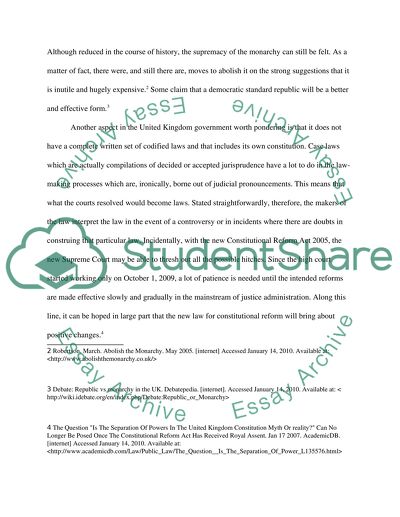Cite this document
(“Rule of Law - UK law Essay Example | Topics and Well Written Essays - 1500 words”, n.d.)
Rule of Law - UK law Essay Example | Topics and Well Written Essays - 1500 words. Retrieved from https://studentshare.org/miscellaneous/1502325-rule-of-law-uk-law
Rule of Law - UK law Essay Example | Topics and Well Written Essays - 1500 words. Retrieved from https://studentshare.org/miscellaneous/1502325-rule-of-law-uk-law
(Rule of Law - UK Law Essay Example | Topics and Well Written Essays - 1500 Words)
Rule of Law - UK Law Essay Example | Topics and Well Written Essays - 1500 Words. https://studentshare.org/miscellaneous/1502325-rule-of-law-uk-law.
Rule of Law - UK Law Essay Example | Topics and Well Written Essays - 1500 Words. https://studentshare.org/miscellaneous/1502325-rule-of-law-uk-law.
“Rule of Law - UK Law Essay Example | Topics and Well Written Essays - 1500 Words”, n.d. https://studentshare.org/miscellaneous/1502325-rule-of-law-uk-law.


